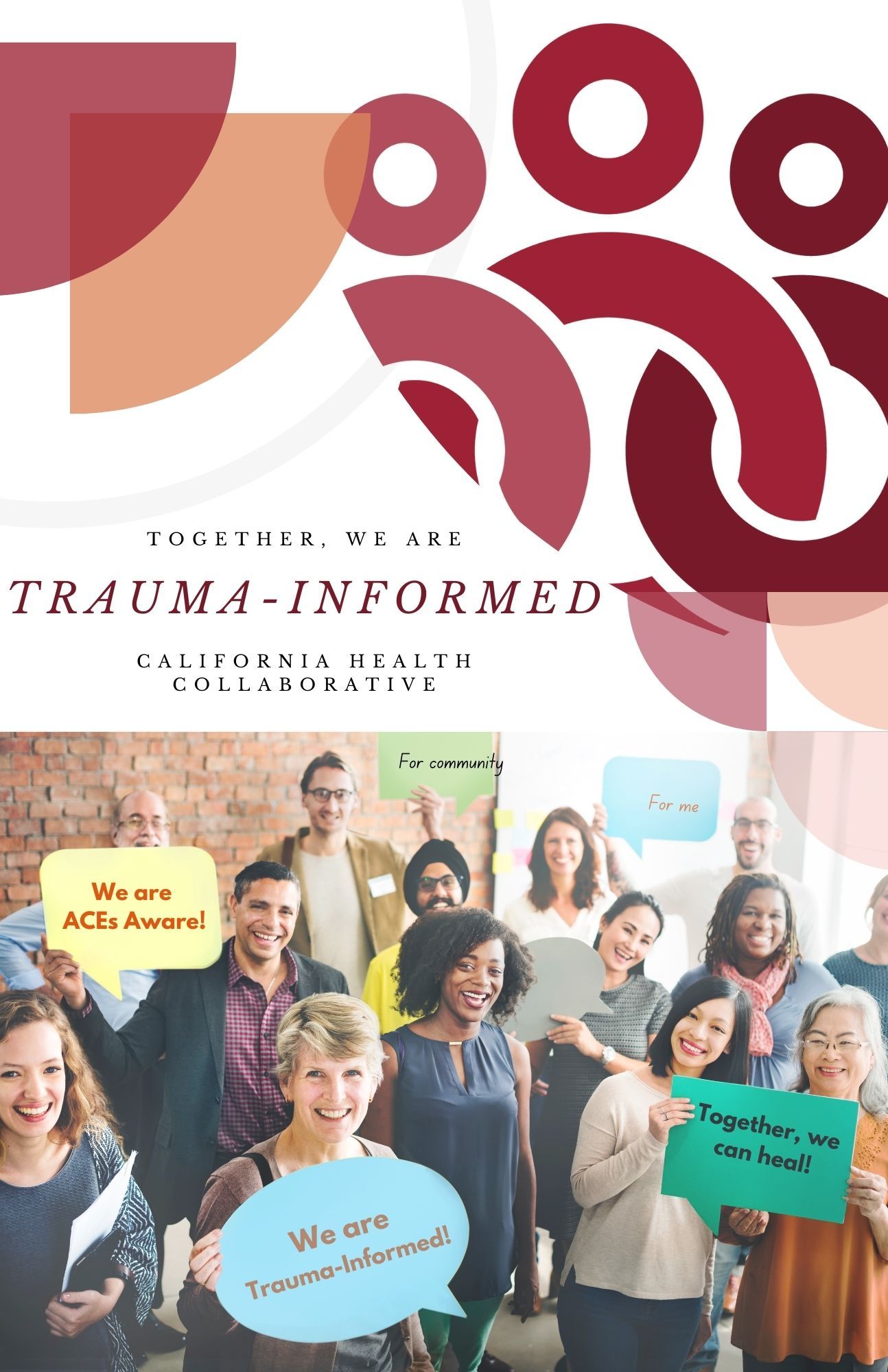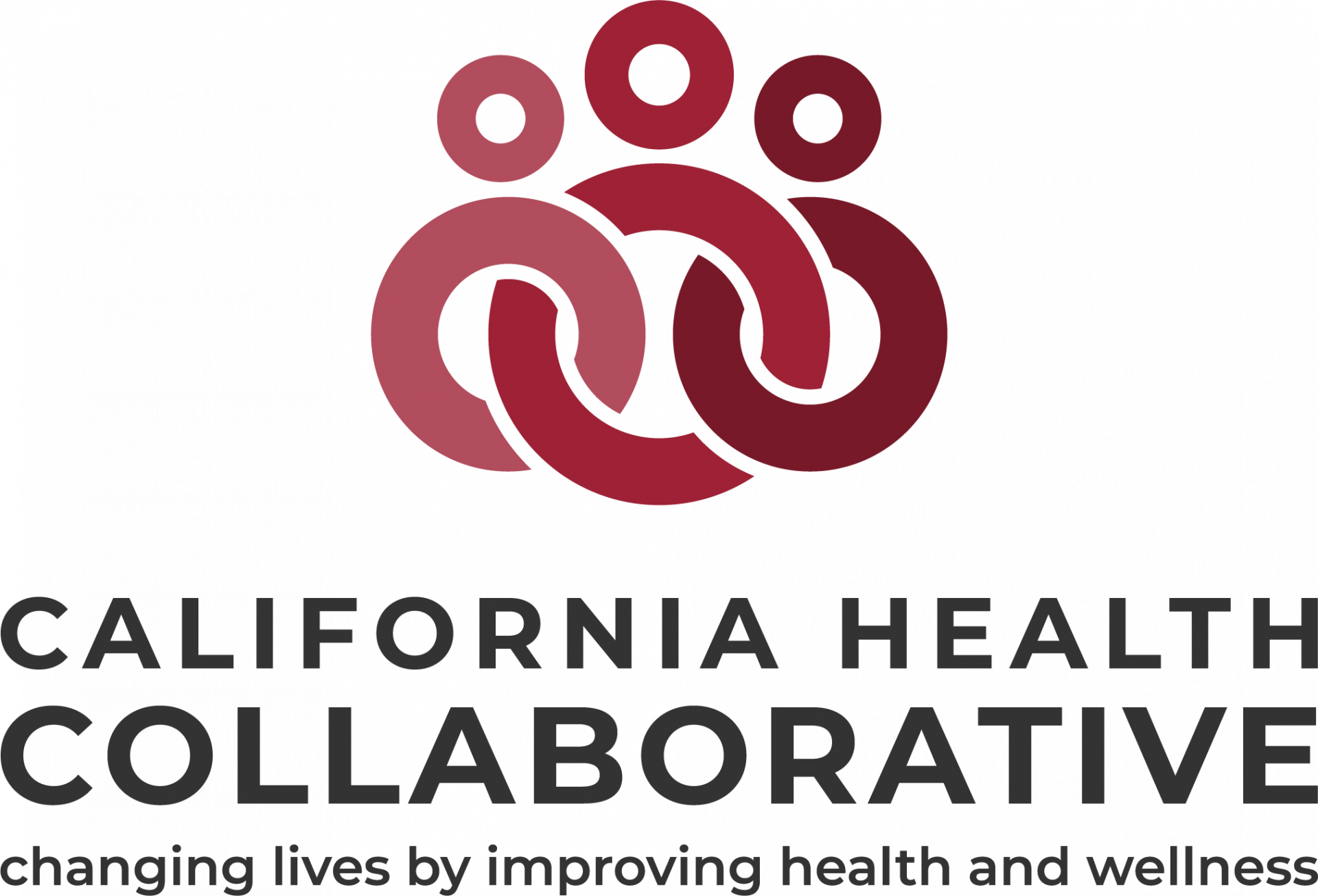Trauma-Informed Organization
-
Author: California Health Collaborative
-
Target Audience: All California Health Collaborative Staff
-
Learning time: 2 hours+
Write your awesome label here.
Our Commitment
As a community leader, on the front lines of redefining the approach to trauma-informed care and program implementation, California Health Collaborative has begun its transition to becoming a trauma-informed organization. This is reflective of our commitment to enhancing the quality of life of all Californians by promoting healing and fostering resiliency among underserved and underrepresented populations so that people, systems, and communities can function at their full capacity and potential. This course page will offer a series of mandated and continuing education trainings for all staff.
Trauma: What Do I Need to Know?

-
Trauma Defined
Trauma and adversity are growing public health concerns that impact all. Trauma is an event, series of events, or set of circumstances that is experienced by an individual as physically or emotionally harmful or life-threatening and that has lasting adverse effects on the individual's functioning and mental, physical, social, emotional, or spiritual wellbeing (SAMSHA, 2014a). -
-
Trauma has no boundaries regarding age, gender, socioeconomic status, race, ethnicity, or sexual orientation. Research has shown that traumatic experiences are associated with both behavioral health and chronic physical health conditions, especially those traumatic events that occur during childhood. Research has also shown that a good majority of people who go into helping professions are survivors of trauma and childhood adversity themselves. Therefore, this series is intended to support the work staff are doing with trauma-impacted communities, with the goal to prevent re-traumatization, vicarious trauma, burnout, and compassion fatigue in staff.
Practice Self-Care
Self-Care is essential to effective trauma-informed practices and is a necessity as we embark on this journey as an organization. Putting our own mental and emotional health first will allow us to more effectively support the mental and emotional health of the individuals, youth, families, and communities that we serve. We encourage you to complete this ACEs Aware Self Care Tool to support your self-care strategies and practices.
These training materials may have a triggering affect for individuals who have histories of trauma or have worked with individuals who have histories of trauma. Practice self-compassion as you complete the training. If you are in need of immediate support please utilize the list of Mental Health support resources provided in the course materials.
These training materials may have a triggering affect for individuals who have histories of trauma or have worked with individuals who have histories of trauma. Practice self-compassion as you complete the training. If you are in need of immediate support please utilize the list of Mental Health support resources provided in the course materials.
Write your awesome label here.
Interested in providing feedback or suggestions regarding trauma-informed practices? Message your friendly administration!
Thank you!
